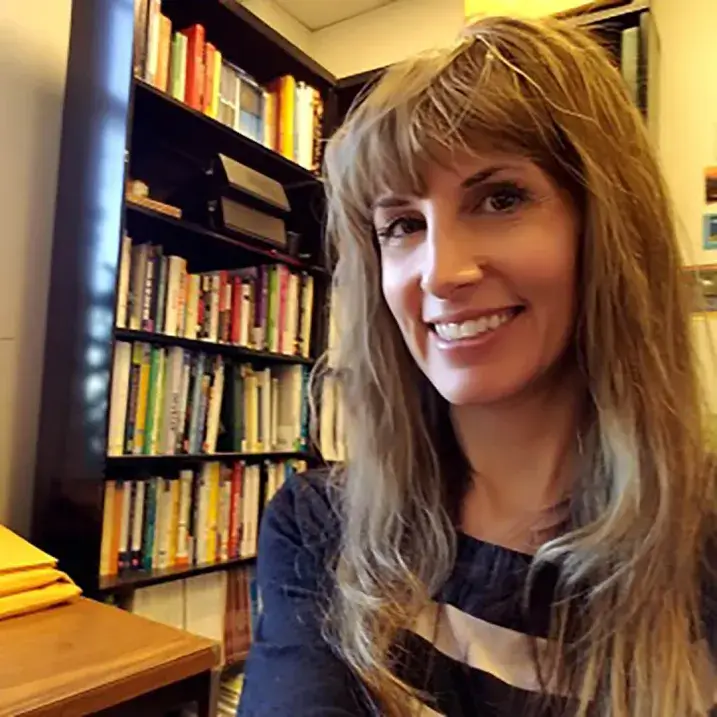John Dewey Hall, Rm 334
2 Colchester Avenue
Burlington, VT 05405-0134
United States
- B.S. Pennsylvania State University, 1996
- M.A. Boston University, 2000
- Ph.D. Boston University, 2009
BIO
My primary focus is on teaching, and my principal interests are in the areas of social cognition and observational learning. Though I am not currently involved in research, my previous work has explored factors contributing to individual and group differences in observational learning and processing of social stimuli, and the interaction of these mechanisms across development.
Some specific areas of interest include:
- Examining associations among different modes of social learning (spontaneous and elicited imitation/emulation) and how variability in these behaviors relates to broader socio-cognitive development.
- Identifying contextual factors that may contribute to how efficiently we learn, process, and retain new behaviors and skills.
- Investigating the relative contributions of genes and environment to individual differences in learning and social cognition, and how these influences change or remain stable across development.
- Exploring the varied impacts of screen media on early cognitive and social development and behaviors, design of media products marketed to children, and ways in which media may be employed as an effective tool to facilitate learning.
Publications
Bio
My primary focus is on teaching, and my principal interests are in the areas of social cognition and observational learning. Though I am not currently involved in research, my previous work has explored factors contributing to individual and group differences in observational learning and processing of social stimuli, and the interaction of these mechanisms across development.
Some specific areas of interest include:
- Examining associations among different modes of social learning (spontaneous and elicited imitation/emulation) and how variability in these behaviors relates to broader socio-cognitive development.
- Identifying contextual factors that may contribute to how efficiently we learn, process, and retain new behaviors and skills.
- Investigating the relative contributions of genes and environment to individual differences in learning and social cognition, and how these influences change or remain stable across development.
- Exploring the varied impacts of screen media on early cognitive and social development and behaviors, design of media products marketed to children, and ways in which media may be employed as an effective tool to facilitate learning.
